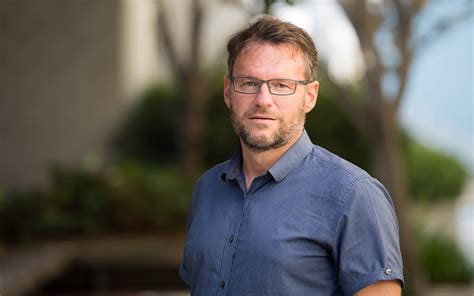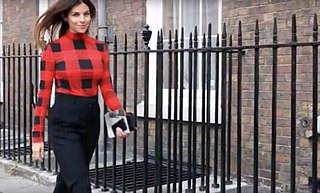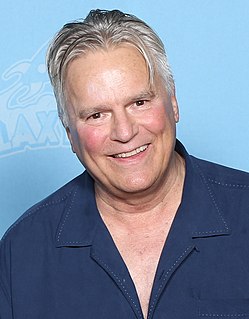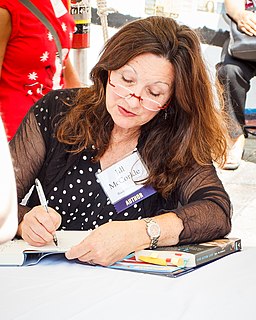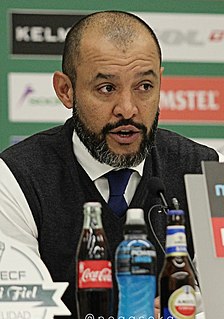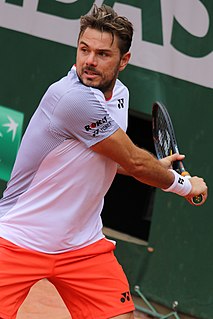A Quote by Craig Callender
The universe may be timeless, but if you imagine breaking it into pieces, some of the pieces can serve as clocks for the others. Time emerges from timelessness. We perceive time because we are, by our very nature, one of those pieces.
Related Quotes
In period pieces or genre pieces, those have to be set in historical truths. But, science fiction has different game pieces. And with those game pieces come other stories we're not familiar with. So, science fiction teaches us how to relate to outsiders, to foreigners, and to not approach any of that with fear, but a genuine curiosity.
I feel very protective in the first draft, when all the pieces are coming together. I work in a way that is not linear or chronological at all, even with the short story. I will just be writing bits and pieces, and then when I have all the pieces on the table, that for me is when it feels like the real work begins.
Although the assembly of the shots is responsible for the structure of the film, it does not, as is generally assumed, create its rhythm; the distinct time running through the shots makes the rhythm of the picture, and the rhythm is determined not by the length of edited pieces, but by the pressure of the time that runs through them. The pieces that 'won't edit', that can't be properly joined, are those which record a radically different kind of time
When the first mechanical clocks were invented, marking off time in crisp, regular intervals, it must have surprised people to discover that time flowed outside their own mental and physiological processes. Body time flows at its own variable rate, oblivious to the most precise hydrogen master clocks in the laboratory. In fact, the human body contains its own exquisite time-pieces, all with their separate rhythms. There are the alpha waves in the brain; another clock is the heart. And all the while tick the mysterious, ruthless clocks that regulate aging.
Most of the time, I'll be conducting the orchestra, but there will be some pieces that I'll be playing an instrument as well, just because I love playing. There's pieces where I want to grab an instrument and play with the rest of the group, like 'The Light of the Seven,' for example; I would love to play the piano for that.
